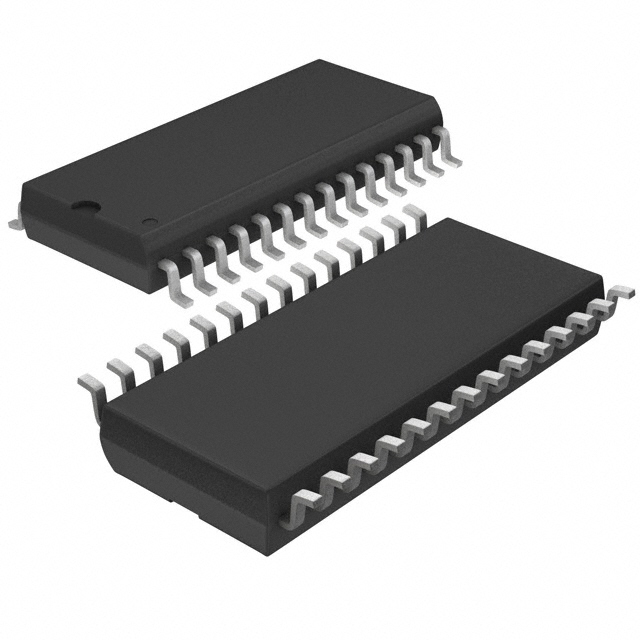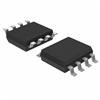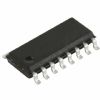LTC4230: Features: Charges NiCd, NiMH and Lithium-Ion Batteries Only One 1/10W Resistor Is Needed to Program Charging CurrentHigh Efficiency Current Mode PWM with 1.5A Internal Switch and Sense Resistor3% Ty...
floor Price/Ceiling Price
- Part Number:
- LTC4230
- Supply Ability:
- 5000
Price Break
- Qty
- 1~5000
- Unit Price
- Negotiable
- Processing time
- 15 Days
SeekIC Buyer Protection PLUS - newly updated for 2013!
- Escrow Protection.
- Guaranteed refunds.
- Secure payments.
- Learn more >>
Month Sales
268 Transactions
Payment Methods
All payment methods are secure and covered by SeekIC Buyer Protection PLUS.

 LTC4230 Data Sheet
LTC4230 Data Sheet








